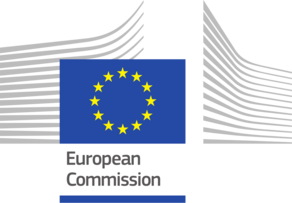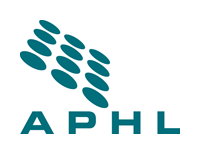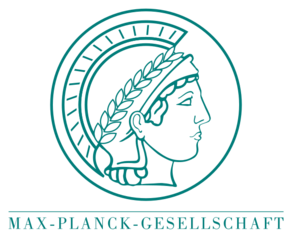Contributions related to COVID-19 (2020 - 2023)
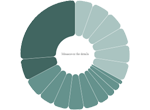
GISAID's impact to global health security during the historic pandemic was made possible by generous philanthrophophic grants and donations, extensive in-kind contributions and the continious dedication of countless volunteers around the world.
Explore the details for 2020, 2021, 2022, 2023
2020
During the first year of the coronavirus pandemic, GISAID’s global operations and technical development was made possible by countless volunteers, public in-kind contributions, grants, and generous donations from private and corporate philanthropy.
hide details
2021
In 2021 GISAID responded to a never-before-seen volume in genomic data submissions as new coronavirus variants of concern emerged. Thanks to ongoing in-kind and financial contributions, and the addition of substantial support to modernize the platform, GISAID amassed a team of ~43 globally dispersed professionals supported by numerous volunteers who lent their expertise.
hide details
2022
Despite historic volumes of coronavirus data submitted during the first half of 2022, GISAID managed to deploy two new databases to accommodate additional high-priority pathogens, i.e., RSV and hMpxV. This was made possible thanks to increased in-kind contributions and the ongoing financial support that enabled GISAID to operate a globally dispersed team of ~52 professionals, complimented by many volunteers.
hide details
2023
Although the year saw the WHO’s announcement that COVID-19 no longer constitutes a public health emergency of international concern (PHEIC), GISAID continued to ensure that genomic surveillance data of Influenza, RSV, Mpox, and the pandemic coronavirus were made available in a timely manner. GISAID also addressed nations’ repeated calls for actionable data from arthropod-borne viruses by deploying the EpiArbo database, with an initial focus on Dengue, Chikungunya and Zika viruses. GISAID maintained its globally-dispersed team of 50+ professionals and countless volunteers who help GISAID achieve its mission, thanks to significant in-kind contributions, support from industry, and other financial commitments to aid in the modernization of the GISAID platform.
hide details
European Commission (2014 - 2017)
GISAID is a partner in the PREDEMICS consortium (Preparedness, Prediction and Prevention of Emerging Zoonotic Viruses with Pandemic Potential using Multidisciplinary Approaches) and leader of WP4 on “Sharing Platforms” to provide software to accommodate the development of databases for three other PREDEMICS viruses: Flaviviruses, Lyssaviruses and Hepeviruses, in addition to Influenza viruses. PREDEMICS
Association of Public Health Laboratories (2014 - 2015)
APHL awarded a grant to GISAID under the Enhancing Communication and Information Sharing among International Influenza Networks project, for the development of data-routing technology, enabling GISAID users to provide selected metadata in real-time to other international platforms, advancing the standardization of metadata and the sharing and interpretation of NGS data; and the further development of software for the annotation of phylogenetic trees. APHL
Max-Planck-Foundation (2010 - 2011)
Funding was awarded to GISAID for the enhancement of GISAID’s database application through the Max-Planck-Society and its Max-Planck-Institute for Informatics in Saarbrücken, responsible for the development of GISAID’s EpiFlu™ database v1.0.
Max-Planck-Foundation
Swiss Federation (2007)
The Swiss State Secretariat for Education, Research and Innovation (SERI) and the Federal Office of Public Health (FOPH), provided initial funding for the development of the first EpiFlu™ database application, citing Switzerland's long-standing tradition of neutrality and the presence of the World Health Organization in Geneva and the Lausanne-based biotech company SmartGene. SERI FOPH
US Department of Health and Human Services (DHHS; 2007 - 2008)
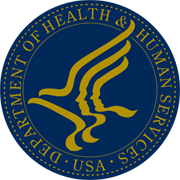
The DHHS provided the first public funding to GISAID to kickstart the development of GISAID's EpiFlu™ database application, through a cooperative agreement with the World Health Organization. One of the key goals that was achieved was the timely sharing of data among the WHO Collaborating Centers and National Influenza Centers for the bi-annual influenza vaccine virus recommendations by the WHO Global Influenza Surveillance and Response System (GISRS).
